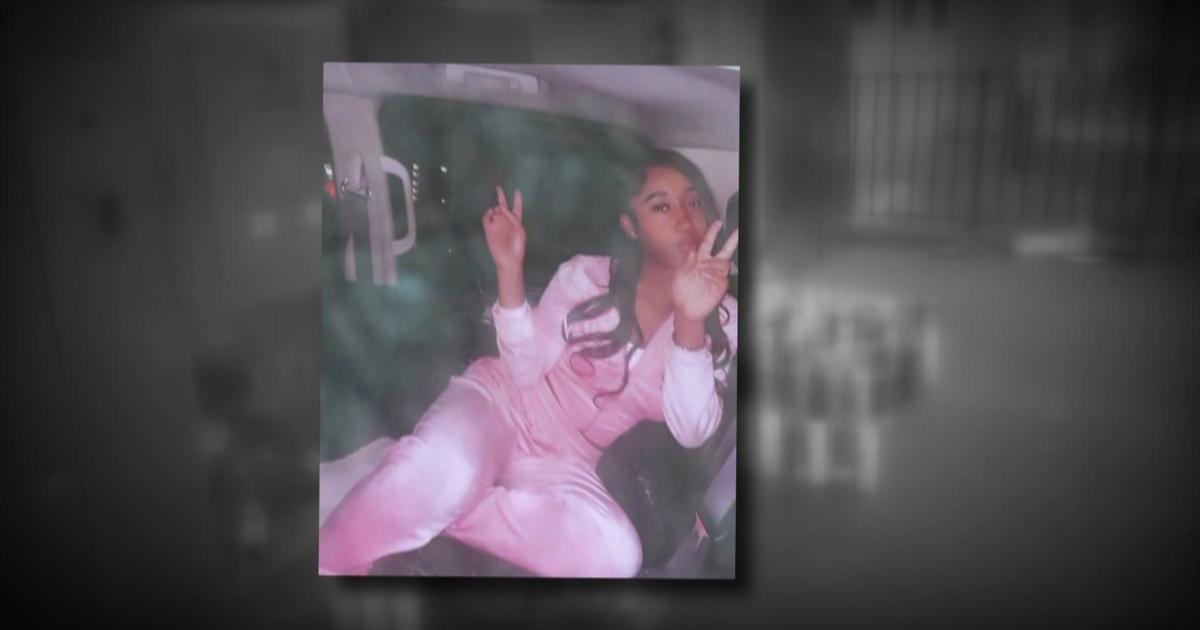N.J. Supreme Court Tosses Man's Child Abuse Guilty Plea Based On 'Off-Color' Language
TRENTON, N.J. (CBSNewYork) -- The New Jersey State Supreme Court on Monday ruled that a Morris County was not guilty of child abuse just because he admitted to using "off-color language" in the presence of a 13-year-old foster child.
The American Civil Liberties Union of New Jersey applauded the ruling in the case State of New Jersey v. Tate, which overruled a lower court ruling.
The organization expressed hope that the ruling would lead to a strike-down of a state law under which cursing in front children qualifies as child abuse.
John Tate had been charged in 2004 with aggravated criminal sexual assault and endangering the welfare of a child, on accusations that he committed unspecified acts between September and November 1999 while serving as a foster parent to a 13-year-old boy, the ruling said.
In June 2009, the state offered Tate a plea deal, in which he would plead to fourth-degree child abuse, the other charges would be dismissed, and Tate would be sentenced to time served, the ruling said.
During the plea change hearing, the defense attorney asked Tate whether he cursed "in (the child's) presence to and in a way that would debauch his morals?" Tate said he had done so, and also admitted to using "off-color language" in the boy's presence before accepting the plea, the ruling said.
The law under which Tate was convicted says any parent, guardian other person in charge of caring for a minor can be convicted of child neglect if he or she makes habitual use of "profane, indecent, and obscene language" – so as to corrupt the minor's morals, according to an NJ.com report.
But in August 2010, Tate filed to withdraw his guilty plea on the grounds that there was no sufficient factual basis, the ruling said. The plea was denied, and the denial was affirmed by the state Appellate Division, the ruling said.
The Appellate Division noted that the law regarding profane language and child abuse requires "habitual" use of such language. But while Tate did not specify the frequency with which he used such language, the panel decided habitual use was implied in his guilty plea, the ruling said.
The Supreme Court disagreed, noting that Tate was never asked specifically what words he used, nor whether it happened habitually.
"The words profane, indecent, and obscene are not susceptible to neat and fixed definitions, and, while the definitions have remained remarkably similar since the enactment of the 1915 legislation, the social taboos regarding the usage of certain words are not the same today," the ruling said. "Moreover, curse words and off-color language may fall both in and out of the range of the definitions of profane, indecent, and obscene language."
The ACLU filed a friend-of-the-court brief in the case, and was pleased with the Supreme Court ruling.
"Today's decision rejects the dangerous notion that offensive language alone amounts to a crime," CJ Griffin of the law firm Pashman Stein, who wrote the brief and argued on behalf of the ACLU, said in a news release. "We're pleased that the Court recognized that a defendant's admission to having used curse words and off-color language in front of a child was too vague on details to make him guilty of abuse on that basis alone."
The ACLU had also argued that the century-old New Jersey law banning the use of profane language in front of children. But the Supreme Court decided addressing that issue was not necessary in that case, according to a news release.
"We're gratified with the court's decision to safeguard lawful speech by requiring trial courts to obtain factually sufficient guilty pleas," New Jersey Deputy Legal Director Jeanne LoCicero said in the release. "The law in question at the center of this case, however, still raises serious constitutional problems, and we hope those issues can be resolved either through the legislature or through the courts."
The Supreme Court ruling vacates Tate's guilty plea, but does not exonerate him. It hands the case back down to the trial court for new proceedings.



